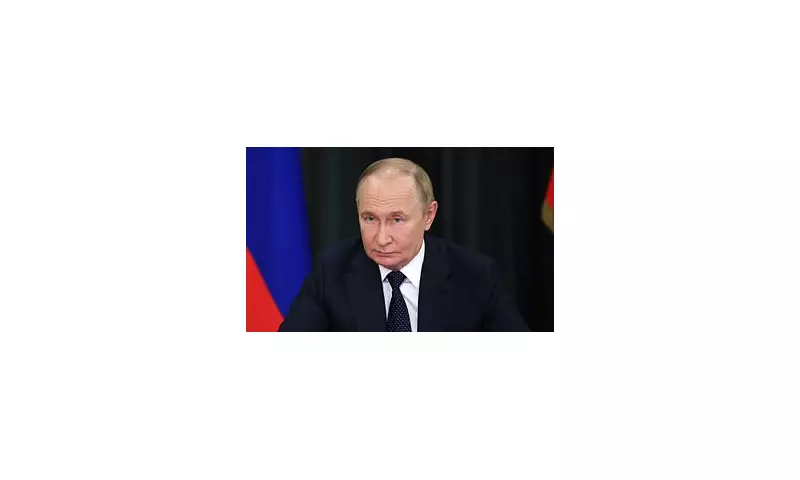
The world is sleepwalking into a new and perilous nuclear standoff, one where the West's tepid response to Vladimir Putin's atomic sabre-rattling is being interpreted in Moscow as a green light for further escalation. This is the stark warning from leading historian Mark Almond, who argues that the Kremlin is expertly exploiting Western divisions and risk-aversion.
A Calculated Strategy of Nuclear Intimidation
Professor Almond's analysis paints a disturbing picture of a calculated Russian strategy. The deployment of tactical nuclear warheads to Belarus is not a mere symbolic gesture; it is a deliberate act of psychological and military warfare designed to test NATO's resolve. By moving these weapons right up to the alliance's border, Putin is creating a constant, looming threat intended to paralyse Western decision-making.
This tactic, Almond suggests, follows a familiar playbook. The West's pattern of protest-then-acquiescence in the face of previous Russian aggression—from the annexation of Crimea to the ongoing conflict in Ukraine—has convinced the Kremlin that there are no red lines, only grey zones it can occupy with impunity.
The West's Dangerous Path of Appeasement
The core of the crisis, according to Almond, lies in the West's failure to mount a credible and united deterrent. Empty threats and strongly-worded diplomatic memos are seen in Moscow as evidence of weakness, not strength. This perceived lack of backbone effectively invites further provocations, creating a vicious cycle of escalation where Putin continually raises the stakes, confident that the West will ultimately back down.
This isn't the sturdy deterrence that kept the peace during the original Cold War. It is a dangerous game of chicken where one side appears unwilling to even get in the car. The historical parallels with the 1930s are uncomfortable but undeniable—aggressors are emboldened when they believe their adversaries would rather accommodate than confront.
The Looming Spectre of Miscalculation
The greatest danger in this new atomic age is not a premeditated nuclear launch, but a catastrophic miscalculation. In a tense crisis, with rhetoric flying and weapons on the move, the fog of war could lead to an irreversible error. Almond posits that Putin, potentially isolated and misinformed by his own inner circle, might gamble that a limited nuclear strike would finally break Western support for Ukraine without triggering a full-scale response—a bet with civilisation-ending stakes.
The West's current path is unsustainable. A proper strategy must involve a clear, unambiguous, and united message that certain actions will incur devastating consequences. Without this, we are not preserving peace but merely postponing a far greater conflict. The time for wake-up calls is now, before the alarm becomes a requiem.





